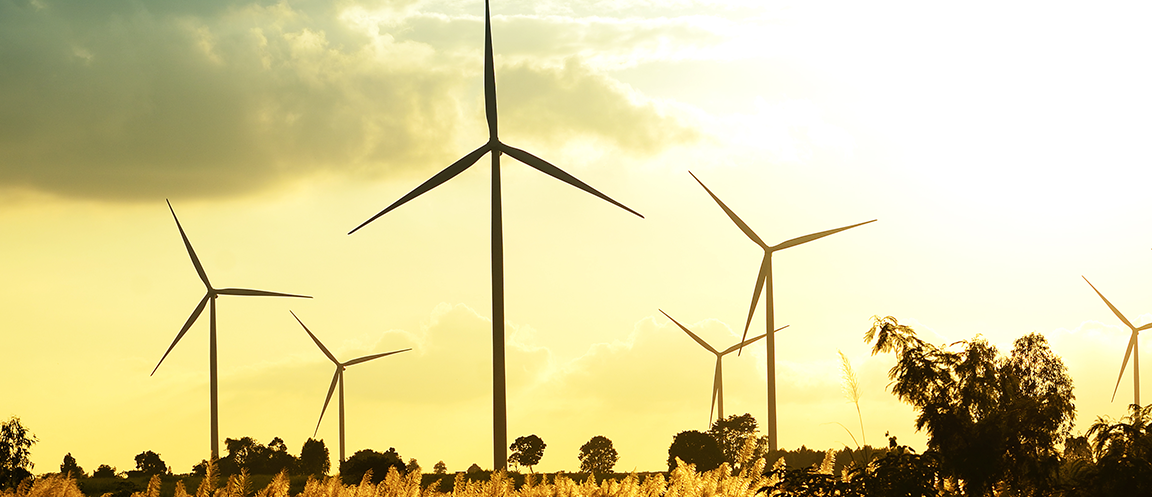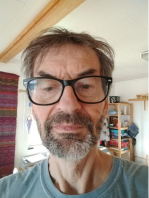
31 Mar MEET THE TEAM INTERVIEW: Dr. ing. Petter Næss, from NORGES MILJO-OG BIOVITENSKAPLIGE UNIVERSITET


Dr. ing. Petter Næss, from NORGES MILJO-OG BIOVITENSKAPLIGE UNIVERSITET
The Norwegian University of Life Sciences is a public university located in Ås, Norway. It is located at Ås in Akershus, near Oslo, and at Adamstuen in Oslo and has around 5000 students. Established in 1859 as the Norwegian Agricultural Postgraduate College, it became a scientific university college. The university is organized into three faculties and 13 departments. University employs around 1700 administrative staff.
Petter Næss, Dr. ing. (Urban and Regional Planning), architect. Professor of Planning in Urban Regions until August 2021, since then Professor emeritus. Næss has extensive experience from research into sustainability aspects of spatial planning, with a particular focus on relationships between built environment characteristics and mobility. He has published widely in this area, including a book on the impacts of physical planning solutions on energy use. Link to Google Scholar profile: https://scholar.google.no/citations?user=nTsZQD4AAAAJ&hl=no.
What was your motivation to work on the sEEnergies project? What is the background for this initiative?
I was invited by a former colleague of mine, Professor Brian Vad Mathiesen, to join the project application consortium and then became a project team member when the project achieved a funding.
What do you think are the main challenges you will encounter during the sEEnergies project implementation?
I am a bit puzzled by this question. The project has come up with scenarios for policies resulting in a more energy-efficient Europe, but the extent to which politicians and other decision-makers will choose to implement these policies in competition with other interests and actors remains to be seen. I think there will be considerable resistance from vested interests, the general public, and powerful political groups against the full-scale implementation of the energy-efficiency scenarios of the sEEnergies project.
What do you hope to achieve by the end of the project?
Again, this question is a bit puzzling. Do you mean 1) what I hope to achieve for myself, 2) for the sEEnergies team as an academic community, or 3) in terms of European energy policies? Regarding 1, I have already completed my tasks within the project and delivered my deliverables. I hope to publish, in cooperation with other project team members, one or two peer-reviewed articles based on this work. Regarding 2), I hope that the sEEnergies project will obtain scientific acknowledgment as an important project, that research on energy efficiency, in general, will receive more public attention and funding, and that sEEnergies team partner universities will obtain future funding to build strong research groups dedicated to such research. Regarding 3), I hope that the Energy-efficiency scenarios of the project will be implemented to a high degree over the next decades, although I am not very optimistic about that, given the current political conditions.
What do you personally find most interesting/exciting about sEEnergies’ expected outcomes?
Again, this question is ambiguous. The outcomes, in terms of completed and published deliverables, are already available. I, therefore, assume that expected outcomes must refer to outcomes that have not yet appeared. Such outcomes could then be research outputs (the few remaining deliverables), the influence of the project on the status of knowledge and scholarly debates within relevant fields of research, and influences at the societal level on energy policy discourses and implemented energy policies. One interesting outcome I hope for (but maybe not directly expect) is a debate on scenario methodologies for this kind of project, notably the need to operate with different (i.e., more than one) baseline scenario against which energy efficiency measures can be assessed. This is because there are so many uncertainties about how a number of important societal trends will develop over the upcoming decades.

